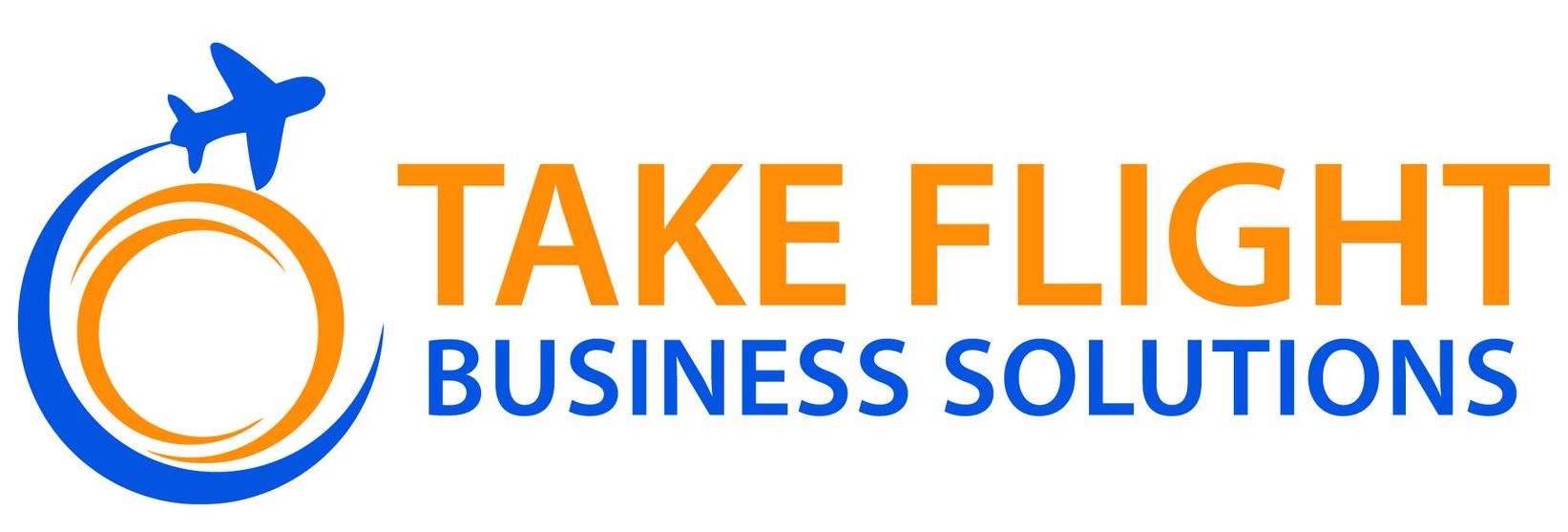Top 13 Payroll Mistakes Small Businesses Make and How to Avoid Them
Top 13 Payroll Mistakes Small Businesses Make and How to Avoid Them
Effective payroll management is not just a mundane administrative task; it's a crucial aspect of running a successful business. For small businesses, where resources are often limited, getting payroll right can mean the difference between financial stability and trouble. Timely and correct payments keep employees happy and productive, while compliance with payroll tax laws protects the business from costly penalties and legal issues. Recognizing the importance of outsourcing payroll services and understanding common mistakes to avoid are essential for small business owners to succeed with payroll.
Understanding Common Payroll Mistakes
13 Payroll Mistakes Small Businesses Make
Here are some common payroll mistakes and ways to avoid them :
1) Misclassifying Employees
Understanding the distinction between employees and contractors is crucial to avoid costly mistakes. Regularly reviewing employee classifications and staying updated on relevant laws and regulations can help mitigate this risk effectively.
2) Manual Calculation Errors
Manual payroll processes are no longer best practice. Investing in automated payroll systems or double-checking calculations can minimize errors and ensure the correct compensation of employees.
3) Late or Incorrect Filings
Missing tax filing deadlines or sending incorrect information can result in added penalties and interest charges. Small businesses should set up initiative-taking processes to allow enough time for payroll verification and processing to avoid last-minute rushes that cause mistakes. Research and be aware of the tax filing and paying deadlines.
4) Failure to Keep Accurate Records
While using spreadsheets to work on payroll may seem cost-effective, it increases the risk of costly errors, such as typos and incorrect formulas. Simple mistakes like adding or omitting zeros can have significant financial repercussions including penalties and interest.
5) Ignoring Overtime Regulations
Neglecting to pay employees for overtime can lead to legal consequences. Implementing time-tracking software can help prevent disputes and ensure compliance with labor laws.
6) Overlooking Benefit Deductions
Failure to deduct benefits, such as health insurance or retirement contributions, can result in discrepancies. Regularly reviewing deductions and employee contributions can help find errors sooner rather than later helps to save the organization money.
7) Not Updating Tax Withholdings
Changes in tax laws or employee circumstances require updates to tax withholdings. Small businesses should stay informed about payroll regulations and provide employees with updated paystubs.
8) Ignoring Compliance Requirements
Non-compliance with employment and payroll laws can have grave consequences, including fraud charges. Seeking expert help can ensure compliance and mitigate the risk of costly penalties.
9) Verifying Data Entry
Verifying data entry can improve accuracy in payroll processing. Clear communication with employees about payroll, payment schedules, and benefits helps them in sharing the responsibility to ensure that payrolls are correct.
10) Failure to Reconcile Payroll
Regularly reconciling payroll records with bank statements helps find discrepancies. Investigating and resolving discrepancies ensures correct payroll processing and financial statements.
11) Inaccurate Timekeeping
Faulty timekeeping can lead to incorrect calculations of employee hours. Investing in reliable time-tracking equipment and training employees in proper timekeeping practices can help avoid errors.
12) Not Addressing Garnishments Properly
Mishandling wage garnishments can cause significant problems. Small businesses should understand their obligations and set up clear procedures for handling garnishments to prevent financial and legal consequences.
13) Using Outdated Software
Using outdated payroll software increases the risk of errors. Upgrading to modern payroll software can enhance compliance capabilities and streamline processes.
Impact of Payroll Mistakes on Businesses
Mismanaged payroll can result in financial losses and legal issues, including fines and penalties. Additionally, payroll mistakes can expose sensitive information, leading to legal complications. Selecting secure payroll software is crucial to prevent data breaches and protect employee information.
Available Resources and Tools
Small businesses have access to various resources for managing payroll effectively. Outsourcing payroll services and investing in payroll software can alleviate the burden and ensure compliance with employment laws. Additionally, educational materials and online courses provide insights into payroll best practices and regulatory updates, helping businesses stay informed to minimize mistakes.
Conclusion
Avoiding common payroll mistakes is essential for maintaining a small business’s financial health and ensuring compliance with employment laws. Whether starting a new business or looking for a more efficient payroll solution, seeking professional help can simplify payroll processing and empower business owners to focus on growth and success. Contact us here at Take Flight Business Solutions LLC to discuss how we can help you manage your payroll effectively and navigate the complexities of payroll administration.
Schedule a Consultation
Schedule a Consultation
We will get back to you as soon as possible.
Please try again later.
2913 Carrington Lakes Blvd
Cantonment, FL 32533
P: (850) 303-2133
F: (850) 760-0830
© 2023 Take Flight Business Solutions LLC All rights reserved. | Terms of Use | Privacy Policy | Created by Olive + Ash. Managed by Olive Street Design












